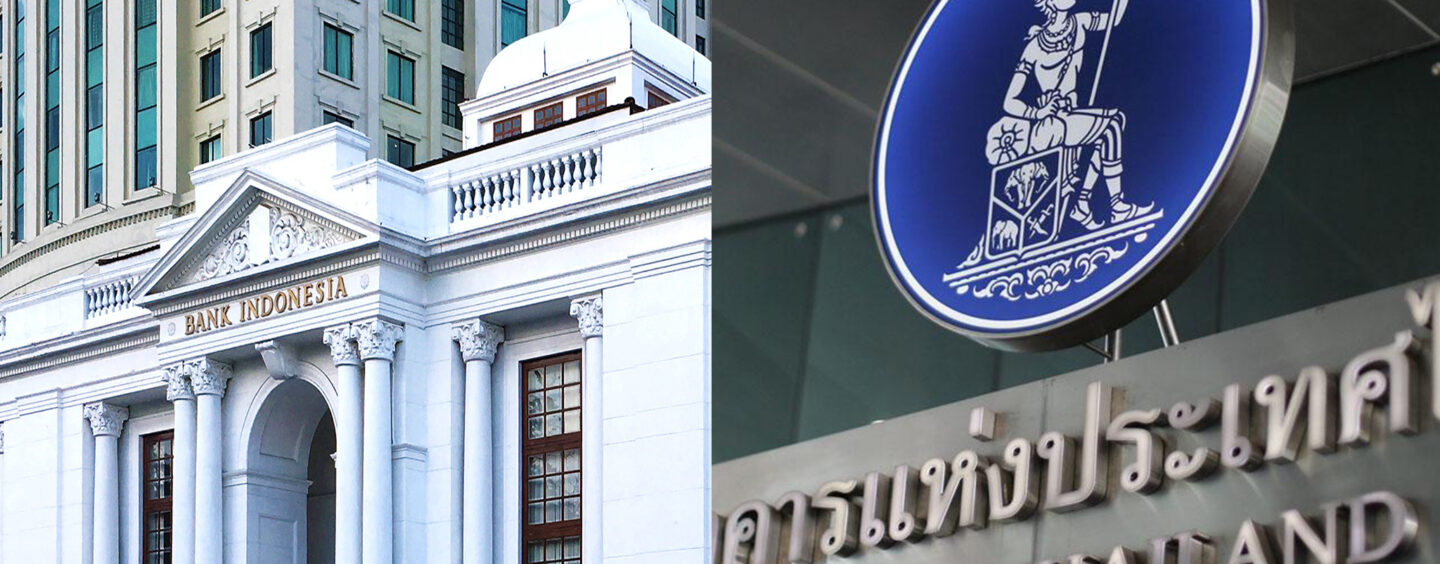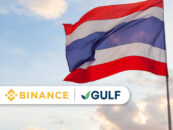
Indonesia and Thailand Launch Instant Cross-Border QR Payment Linkage
by Fintech News Indonesia August 17, 2021Bank Indonesia (BI) and the Bank of Thailand (BOT) launched a cross-border QR payment linkage between Indonesia and Thailand today. Under this linkage, consumers and merchants in both countries will be able to make and accept instant cross-border QR payments for goods and services. This connection is the first that links the retail payment system operators in both countries. It also marks a key milestone in the ASEAN Payment Connectivity initiative, aiming to promote financial integration in the region.
This development follows similar arrangments between Singapore and Thailand, and Malaysia and Thailand which announced the enablement of instant cross-border QR payments.
The launch today is the project’s pilot phase, aiming to ensure smooth interconnection and pave the way for customers, merchants, and operators for the full commercial launch next year.
At this stage, users from Indonesia are now able to use their mobile payment applications to scan Thai QR Codes to make payments to merchants all over Thailand. Likewise, users from Thailand are now able to use their mobile payment applications to scan QRIS (Quick Response Code Indonesian Standard) to pay for goods and services at merchants in Indonesia and also use this service for their cross-border e-commerce transactions.
The full commercial phase will be launched in the first quarter of 2022. During this phase, more participating banks/non-banks are expected to join. In the future, the service will be expanded to enable users in both countries to make real-time fund transfers conveniently by referencing the recipient’s mobile phone number.

Sugeng
Mr. Sugeng, Deputy Governor of BI, highlighted that,
‘This initiative is a milestone of the Indonesian Payment System Blueprint 2025, especially in retail payments. It links cross-border payments through the interconnection of national QR codes of our two countries. One interesting aspect of this project is the use of direct quotation of local currency exchange rates provided by the Appointed Cross Currency Dealer (ACCD) banks under the Local Currency Settlement (LCS) Framework to improve the efficiency of the transactions, thus lowering transaction costs. The significant expected outcome of this first cross-border payment project is not only to facilitate transactions in the tourism sector but also to assist SMEs in tourist areas. This project will also increase financial inclusion, inclusive digital economy, and e-commerce transactions. This pilot, which BI calls an ‘industrial sandbox’, is on the path to further expansion of cross-border payments in the region.’
Mr. Ronadol Numnonda, Deputy Governor of the BOT, asserted that,
‘The Bank of Thailand underscores the significance of this cross-border payment system connectivity, having continuously pursued similar initiatives in the region recently under the ASEAN Payment Connectivity initiative. We believe that this cross-border QR payment will result in a safer, more efficient, and cost-attractive alternative for retail payments by the general public. Also, this service will assist e-commerce businesses during these challenging times and lay the foundation for the anticipated resumption of tourism and business flows. More importantly, our cross-border payment linkage with ASEAN’s largest country will be another key catalyst in transforming the way ASEAN citizens make payments abroad, thus contributing to regional economic prosperity and digitalization.’
Featured image credit: Bank of Indonesia image By Rochelimit – Own work, CC BY-SA 4.0







